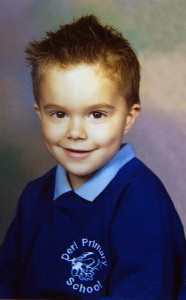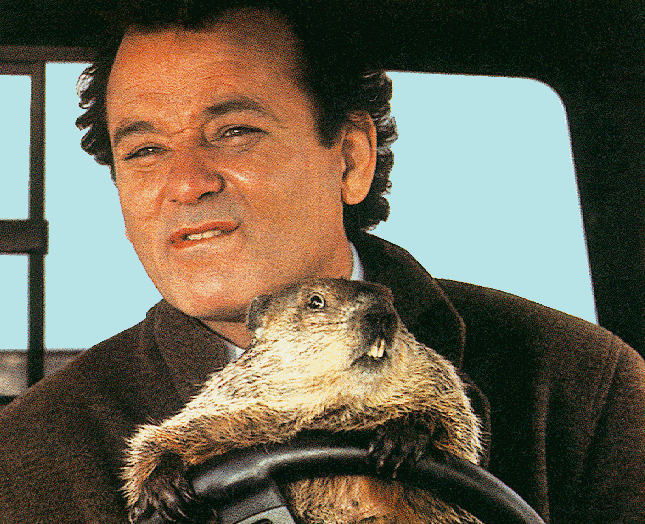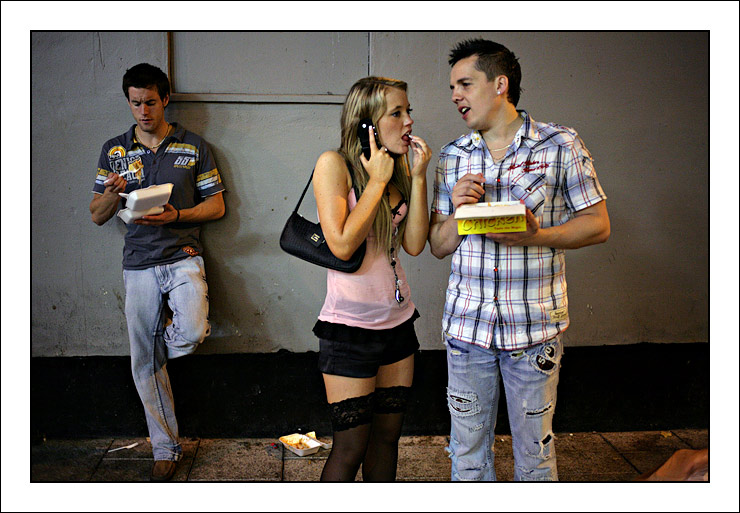In his report into the 2005 epidemic that struck down more than 150 people, most of them children, across the South Wales Valleys and claimed the life of Mason Jones, aged five (right), Professor Hugh Pennington found that all of the inspections made at the premises of the butcher responsible in the months before people became ill had been pre-arranged.
.jpg) This allowed Bridgend-based William Tudor time to clean up and to doctor cleaning records to mislead Bridgend Council’s inspectors.
This allowed Bridgend-based William Tudor time to clean up and to doctor cleaning records to mislead Bridgend Council’s inspectors.
Prof Pennington has now recommended all inspections, primary and secondary, must be unannounced unless “there are specific and justifiable circumstances or reasons why a pre-arranged visit is necessary”.
The parents of four of the victims want to go further and Julie Price, Jeanette Thomas and Mason’s mother Sharon Mills, are re-forming an action group in a bid to achieve their aim.
“We want to make it illegal for hygiene inspectors to carry out announced visits of butchers and other places where food is prepared,” said Mrs Price, mother of 13-year-old Garyn, who was left fighting for his life after contracting the food poisoning bug which spread through school dinners.
“We want that set in stone.”
Unannounced inspections are recommended in The Food Law Practice Guidance (Wales). But announced inspections remain lawful and continue to happen.

 For all those in Canada and America clamoring for more inspectors, please, read the report Bill-Murray-in-Groundhog-Day impersonator Professor Hugh Pennington wrote after the 2005 E. coli O157 outbreak in Wales, which sickened 160 and killed 5-year-old Mason Jones (right).
For all those in Canada and America clamoring for more inspectors, please, read the report Bill-Murray-in-Groundhog-Day impersonator Professor Hugh Pennington wrote after the 2005 E. coli O157 outbreak in Wales, which sickened 160 and killed 5-year-old Mason Jones (right)..jpg) Do more inspectors make food safer?
Do more inspectors make food safer? Among his 24 recommendations, Pennington said all checks should be unannounced, unless there were exceptional circumstances.
Among his 24 recommendations, Pennington said all checks should be unannounced, unless there were exceptional circumstances. Mason’s mother, Sharon Mills, said in 2005 that her son’s death was "avoidable" and that lessons "have to be learnt."
Mason’s mother, Sharon Mills, said in 2005 that her son’s death was "avoidable" and that lessons "have to be learnt." .jpg) The report acknowledged that
The report acknowledged that.jpg)
 Health authorities quickly linked the outbreak to cooked meat sold by family butchers John Barr & Son in Wishaw, who had been in business for 28 years and in September was awarded the title of Scottish Butcher of the Year. … It was concluded by investigators that the contamination occurred probably because knives used to separate raw product were also being used to open packages of cooked product.”
Health authorities quickly linked the outbreak to cooked meat sold by family butchers John Barr & Son in Wishaw, who had been in business for 28 years and in September was awarded the title of Scottish Butcher of the Year. … It was concluded by investigators that the contamination occurred probably because knives used to separate raw product were also being used to open packages of cooked product.”


.jpg) Mark Powell QC (no relation but a fine Welsh name), representing the families, said
Mark Powell QC (no relation but a fine Welsh name), representing the families, said .jpg) Bridgend County Council responded by saying it made a "reasonable" decision to allow William Tudor, the
Bridgend County Council responded by saying it made a "reasonable" decision to allow William Tudor, the